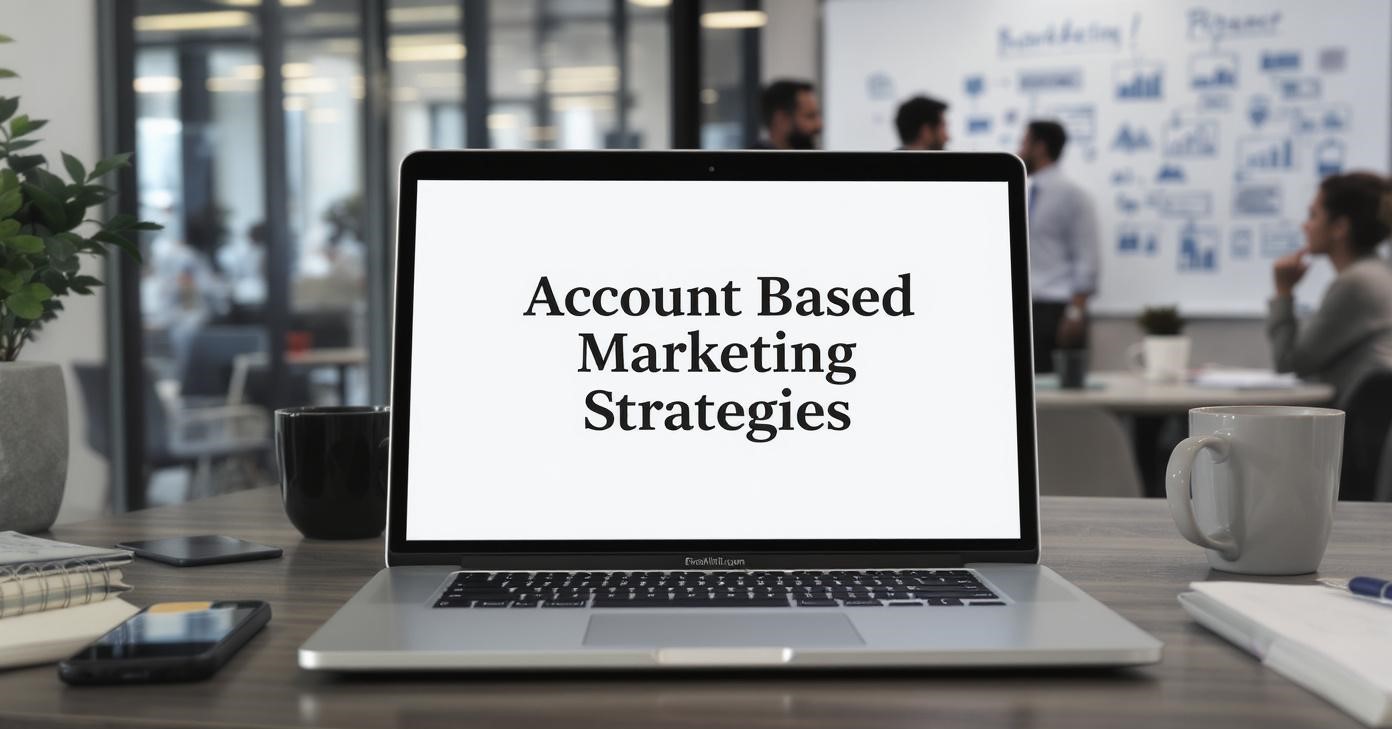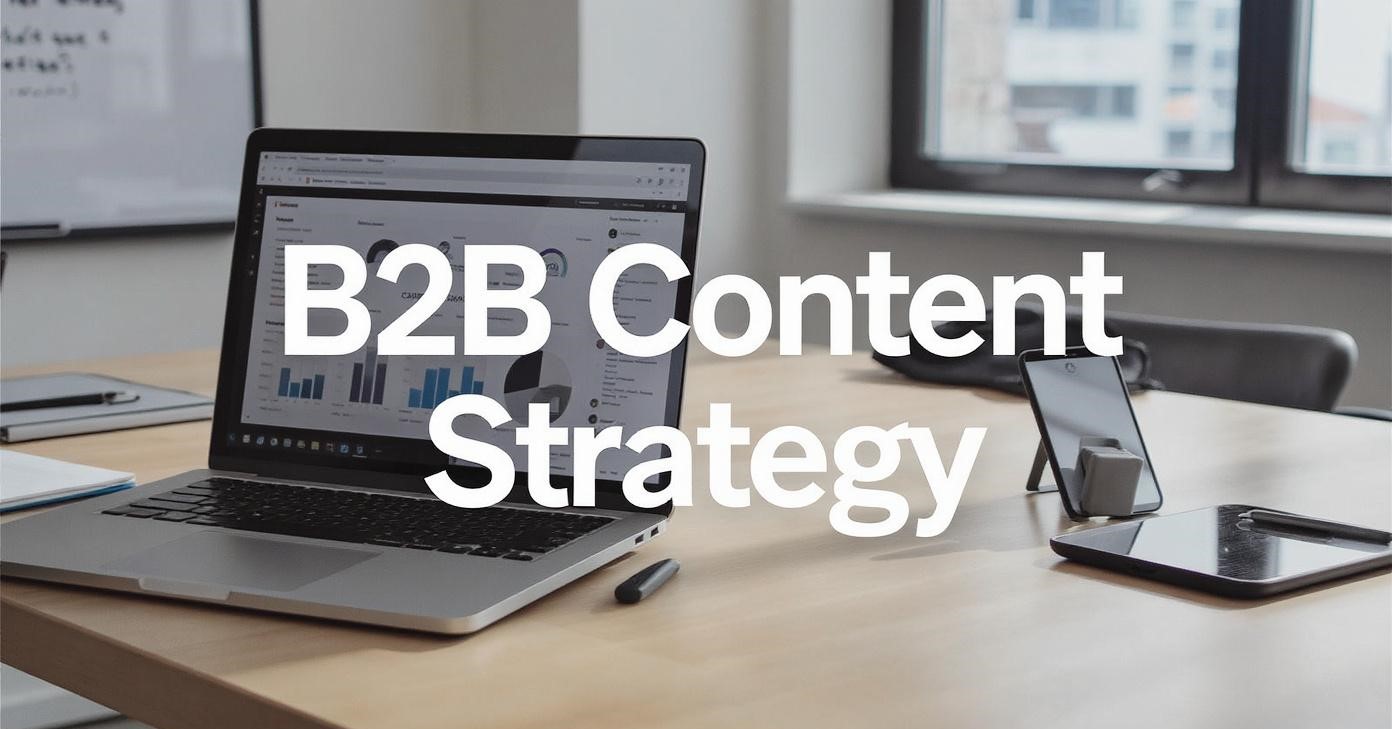B2B Marketing Funnels rely heavily on content marketing to educate, engage, and convert prospects. Effective content strategies guide leads through every stage of the funnel, from awareness to purchase. By aligning content with buyer needs, businesses can improve engagement and increase ROI. Learn more about content-driven strategies at B2B Marketing Funnels.
Awareness Stage Content
At the awareness stage, content should focus on educating prospects about industry challenges and solutions. Blog posts, social media updates, infographics, and videos establish thought leadership. AI tools can help identify trending topics, optimize distribution, and ensure content reaches the most relevant audience.
Interest Stage Content
During the interest stage, content should capture and maintain engagement. E-books, webinars, interactive tools, and newsletters provide prospects with actionable insights. Segmenting content by role, industry, or behavior ensures relevance and builds stronger connections with potential buyers.
Consideration Stage Content
In the consideration stage, content should help prospects evaluate your solutions. Case studies, whitepapers, product demos, and client testimonials provide credibility and demonstrate value. Aligning content with lead scoring allows high-potential prospects to access more detailed, personalized resources.
Intent Stage Content
At the intent stage, content should encourage action and reduce friction in the decision-making process. Personalized emails, targeted offers, trial invitations, and demo follow-ups keep leads moving toward conversion. Behavior-triggered workflows ensure timely delivery of content based on engagement.
Evaluation Stage Content
During the evaluation stage, content should support decision-making. Detailed ROI calculators, product comparisons, proposal templates, and industry-specific guides help prospects make informed choices. Providing precise, tailored content at this stage builds trust and shortens sales cycles.
Purchase Stage Content
Content at the purchase stage should focus on onboarding and post-purchase engagement. Tutorials, how-to guides, welcome emails, and follow-up resources ensure a smooth transition for new customers. Well-planned content improves satisfaction, retention, and encourages repeat business.
Data-Driven Content Optimization
Analyzing content performance is key to optimizing B2B marketing funnels. Metrics like page views, downloads, engagement, and conversion rates provide insights into what resonates with prospects. Continuous analysis allows marketers to refine content strategy and improve funnel efficiency.
Automation and AI Integration
Automation and AI enhance content delivery across the funnel. AI-driven recommendations, chatbots, and predictive analytics personalize content for each prospect. Marketing automation platforms schedule, distribute, and track engagement, ensuring timely and relevant content delivery at scale.
Personalization in Content Marketing
Personalized content increases engagement and conversion. Tailoring emails, landing pages, guides, and recommendations based on behavior and demographics ensures relevance. Personalized content creates a seamless buyer experience and strengthens relationships with prospects.
Lead Nurturing with Content
Content-driven lead nurturing maintains engagement for prospects not ready to buy. Automated email sequences, retargeting campaigns, and valuable resources help move leads through the funnel. Monitoring engagement ensures nurturing campaigns are optimized for maximum effectiveness.
Integration Across Marketing and Sales
Integrating content strategy with marketing and sales platforms ensures consistent messaging. CRM and automation tools track interactions and provide insights into prospect behavior, enabling timely follow-ups and personalized communications that enhance the buyer journey.
Multi-Channel Content Marketing
Content should be distributed across multiple channels to maximize reach. Emails, social media, paid campaigns, webinars, and website content work together to engage prospects at different touchpoints. Cross-channel attribution helps marketers understand which platforms drive the best results.
Continuous Testing and Refinement
Regularly testing content performance ensures that your B2B marketing funnel remains effective. A/B testing messaging, formats, and delivery strategies identifies what works best. Continuous refinement improves engagement, increases conversions, and maximizes ROI.
Evaluation Stage Improvement
During the evaluation stage, track how prospects interact with proposals, ROI calculators, and product comparisons. Continuous refinement ensures that sales teams have the right tools and information to close deals efficiently. Personalizing communication enhances trust and decision-making.
Purchase Stage Improvement
Purchase-stage improvement focuses on ensuring a smooth buying experience. Review onboarding processes, customer support, and post-purchase engagement. Optimizing these touchpoints encourages loyalty, repeat business, and long-term customer satisfaction.
Data-Driven Optimization
Using analytics across all funnel stages allows for data-driven optimization. Conversion rates, engagement metrics, and lead sources provide insights into performance. Regular analysis identifies bottlenecks and opportunities for improvement.
Automation and AI Integration
Automation and AI support continuous improvement by providing real-time insights and predictive analytics. Automated workflows, chatbots, and AI-powered recommendations ensure consistent engagement and efficient lead management. These tools allow marketers to refine strategies at scale.
Personalization and Segmentation
Personalization enhances funnel efficiency. Use data on prospect behavior, firmographics, and engagement to tailor content and communications. Continuous testing of personalized approaches ensures maximum relevance and higher conversion rates.
Content Strategy Refinement
Regularly evaluate content effectiveness across all funnel stages. Adjust awareness content for reach, consideration content for credibility, and intent-stage content for conversion. Optimized content ensures prospects receive the right information at the right time.
Lead Nurturing Improvement
Monitor lead nurturing campaigns to identify what works and what doesn’t. Adjust automated email sequences, retargeting campaigns, and educational content based on engagement metrics. Continuous refinement maintains momentum and moves leads smoothly through the funnel.
Integration Across Marketing and Sales
Ensure that marketing and sales are aligned for continuous improvement. Integrated CRM and automation platforms provide visibility into lead activity and support timely, consistent communication. Coordinated efforts improve conversion rates and the overall buyer experience.
Multi-Channel Optimization
Continuously evaluate multi-channel strategies. Track performance across email, social media, paid ads, webinars, and website content. Adjust messaging, timing, and targeting to maximize engagement and ROI across all channels.
Continuous Testing and Refinement
Ongoing testing is key to funnel optimization. A/B testing messaging, workflows, content formats, and campaigns identifies opportunities for improvement. Adopting a culture of continuous refinement ensures your B2B marketing funnels remain effective and profitable.
Read Full Article : https://acceligize.com/featured-blogs/b2b-marketing-funnels-a-complete-guide-for-marketers/
About Us : Acceligize is a global B2B demand generation and technology marketing company helping brands connect with qualified audiences through data-driven strategies. Founded in 2016, it delivers end-to-end lead generation, content syndication, and account-based marketing solutions powered by technology, creativity, and compliance.


